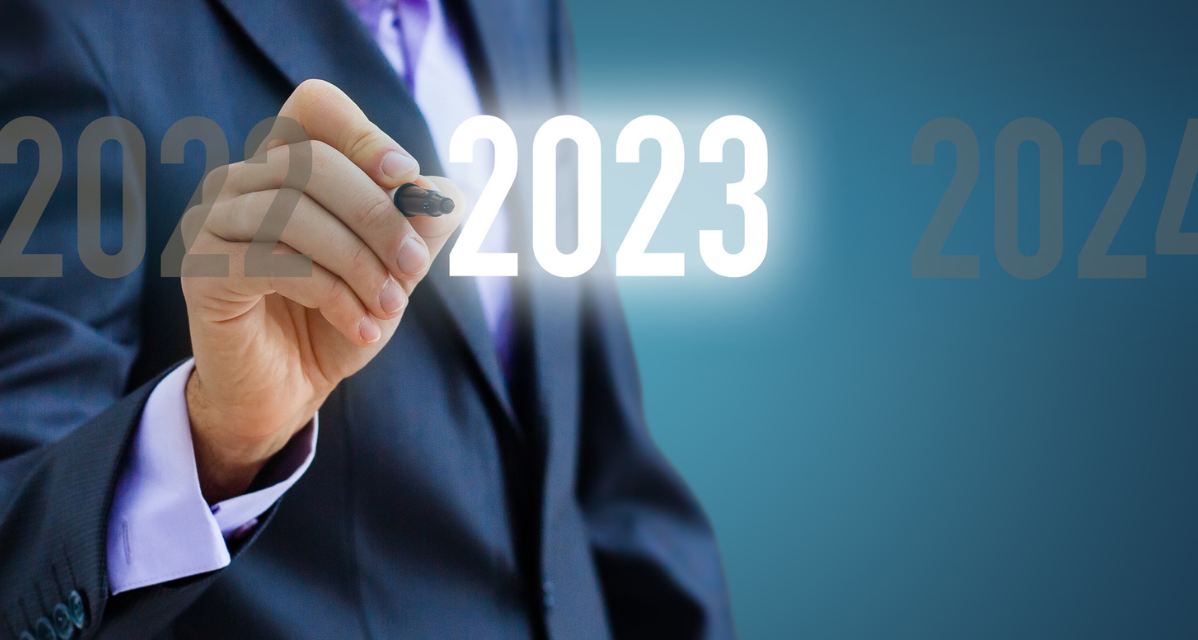2023: First Half Surpasses Expectations

At the close of business last Friday, global equities moved higher on the week amid diminishing fears of a US economic slowdown. From a week ago, the yield on the US 10-year Treasury note gained 10 basis points, rising to 3.81%, while the price of a barrel of West Texas Intermediate crude oil rose $2.50 to $70.35. Volatility, as measured by the Cboe Volatility Index (VIX) barely moved, registering 13.3.
MACRO NEWS
Just when you think you understand market sentiment, the market does a wonderful job of sending you back to your thinking chair. Look no further than the market dynamics over the past couple of weeks around artificial intelligence and central bank policy. In our 2023 outlook, we laid out a framework in which we believe markets would have strong equity returns with risk to the upside specifically for US equities. Now halfway through the year, markets have already reached those levels. The rally has been top heavy and the companies leading the way have been associated with artificial intelligence euphoria that has captured the hearts of investors. No one is questioning the immense potential of artificial intelligence and its likely impact on economies, industries, and our personal lives.
CANADIAN ECONOMIC NEWS
The recent Bank of Canada rate hike came as a surprise. They have now hiked 450 beeps in the last year and a half. This is one of the most aggressive central bank hiking cycles in recent Canadian history. I think that our central bank is probably going to continue raising rates, perhaps not at the degree or pace they did last year. It’s kind of the confidential consumption inflation—that sticky part where people are still spending money. Maybe rates have to move higher to break them out of the consumption habit.
It was surprising that the bank did not talk about forward guidance. I think this is probably good news because the market tends to follow the dot plots, which suggest rate cuts in 12 or 18 months. And that’s counterintuitive to what our central bank is trying to do by raising rates. It seems they have pushed out the timeframe. Not too long ago, the markets were pricing in two rate cuts by the Bank of Canada and now we’re at the point where there are no rate cuts before the end of this year priced in the market for Bank of Canada. Ultimately, the bias is probably to a longer pause or further rate hikes before you see any rate cuts. However, I think we’re getting to the point where credit availability is not as easy for consumers and excess savings are being used up.
I think that if we keep going at this space, we will be cutting at some point toward the end of the year because it is probably going to trigger a recession sooner. I think that right now, consumers are resilient and there’s more likely to be a pause than an actual cut. For the Bank of Canada, it is a difficult balancing act, getting inflation back to 2% and not moving the economy into a recession. I believe the key here is that the consumer needs to cut back on spending.
US ECONOMIC NEWS
Inflation in the US dropped to 3.8% in May, which represented a sharp drop from 4.4% in April. However, core inflation, which excludes volatile food and energy, dropped to 4.6% from 4.7%. Because core inflation did not drop as rapidly, we may be looking at another quarter point rate hike in July from the Federal Reserve. US durable goods orders, new home sales, consumer confidence and weekly jobless claims, along with the final revision to Q1 GDP, all surprised to the upside this week. This bolstered hopes that the American economy can avoid recession despite a substantial rise in short-term interest rates. Markets seem to have internalized the Fed’s messaging and no longer expect a quick pivot to easier policy early in 2024. In comments made during the ECB forum in Sintra, Portugal, Fed Chair Jerome Powell said there remains a significant probability of recession but it is not the most likely scenario and he sees a path to an economic soft landing.
EUROPEAN ECONOMIC NEWS
ECB President Christine Lagarde said that a hike in July is likely but that after that decisions will be made from meeting to meeting. Bank of England Governor Andrew Bailey cautioned that peak rates in the United Kingdom will not be short-lived in a world of persistent inflation. ECB Chief Economist Philip Lane warned investors not to expect rate cuts in the next two years.
Preliminary June inflation data from the euro zone showed that the consumer price index fell to 5.5% from 6.1% on falling food and energy prices but that core inflation rose to 5.4% from 5.3% in May.
JAPAN, CHINA and EMERGING MARKETS ECONOMIC NEWS
China’s manufacturing purchasing managers’ index contracted for the third straight month, registering a reading of 49 while the services reading declined more than expected, to 53.2.
.

